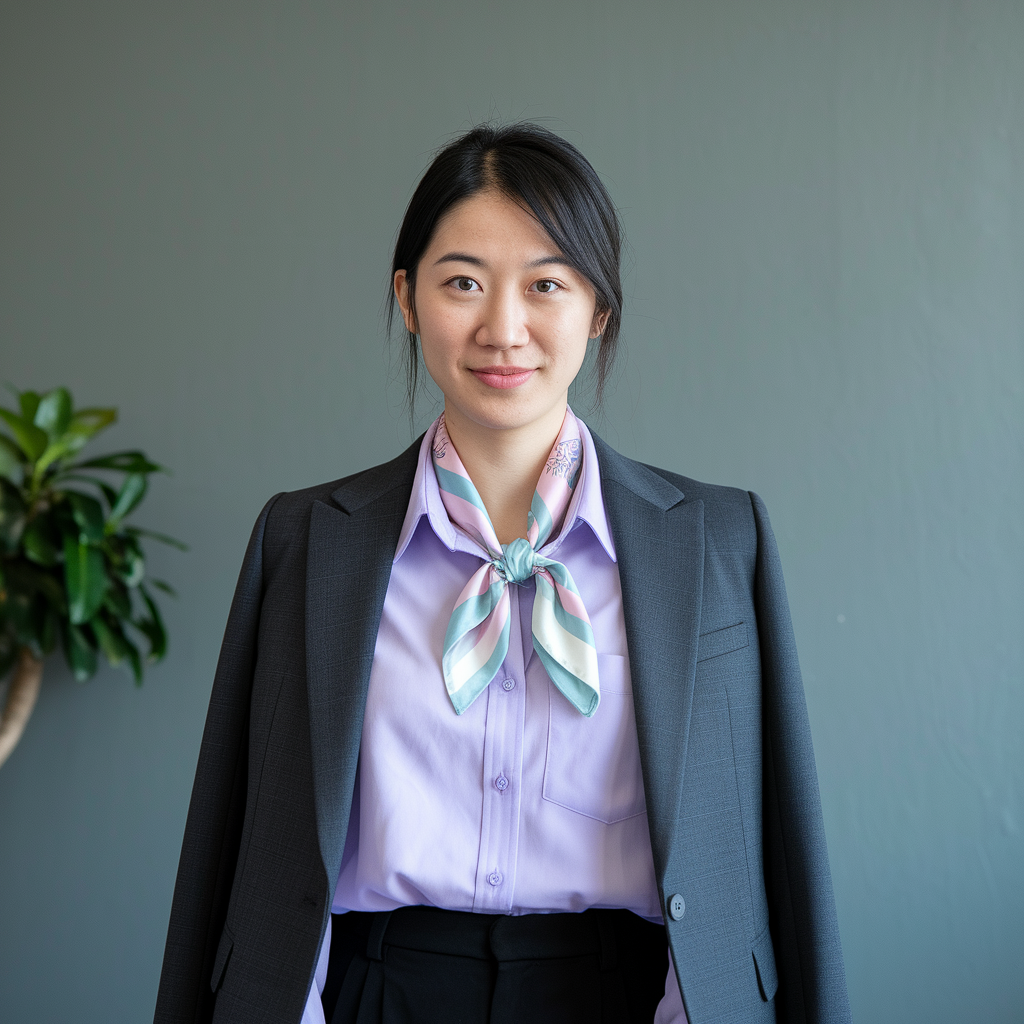The Real World Assets (RWAs) universe is rapidly changing. More recently, complex new projects have been launched to serve as intermediaries between the world of traditional assets and the beautiful, decentralized new world of blockchain. One such project is Malu Grape, which has received significant global attention as China’s first agricultural RWA tokenization project. Is it really the electric vehicle ecosystem’s big bang, or simply a marketing ploy? This article goes deep on Malu Grape’s process. Beyond that, it breaks down the funding model, NFT utility, and regulatory adaptations to discover what they mean in the RWA landscape.
Malu Grape made waves by minting 2,024 NFTs. These digital assets give consumers rights related to future redemption of grape tokens. Unlike many RWA projects that promise a share of income or profits, Malu Grape NFTs focus on providing a tangible benefit: a 2kg grape voucher. By the end of 2024, the project completed 10 million yuan equity financing. Besides the ticket sales, it sold 2,013 NFTs at 99 yuan a piece, raising a total of 200,000 yuan. This funding model blends conventional equity financing with NFT drops. To that end, we believe it provides a compelling model for how capital can be raised in the RWA space. Guyu Chain provided the issuance of these NFTs, offering a transparent and immutable issuance process. This step is extremely important for establishing transparency and accountability, as well as for conveying the project’s dedication to decentralization.
At the heart of the Malu Grape project is a belief in collaboration. It unites public-sector authorities, private-sector interests, and a new dedicated SPV—Zuo’an Xinhui (Shanghai) Data Technology Co., Ltd. This government-guided, market-driven approach is emblematic of the regulatory environment in China. Our Malu Grape has worked with a project-specific SPV to address the intricacies of Chinese regulations. This partnership is a testament to their deep commitment to compliance. The project, based on Innovate UK’s Smart Sustainable Plastic Products, collects physical growth data of grapes through IoT equipment. It then combines this data into a digital platform, showcasing the possibilities of using data assets in RWA projects. This integration creates a real feedback loop. With each new digital platform user, the project party can improve its digital offerings, enabling users to earn and redeem points for even more enticing physical rewards.
Decoding the NFT Utility
Malu Grape's NFTs offer several benefits beyond the grape voucher, which include:
- Grape vouchers: Each NFT includes a 2kg grape voucher redeemable for "Sunshine Rose" or "Nina Queen" grapes.
- Park tickets: NFT holders have optional access to park tickets.
- Virtual vineyard game access: NFTs grant access to a virtual vineyard game.
- Loyalty point redemptions: NFT holders can redeem loyalty points.
These features combine to give the investor a one-of-a-kind ownership experience. Consequently, the NFTs are classified as “digital collectibles” rather than securities. This distinction in many ways is key within the context of China’s regulatory environment that internationally has some of the most onerous prohibitions on token securities.
Regulatory Considerations
Malu Grape’s journey serves as an insightful example of the challenges and adaptations necessary to run an RWA project in China. The 2017 ICO prohibition and 2021 NFT risk guidance came out and the project had to pivot. In response, they scrapped their initial token economy and chose to pursue a “de-financialized” model. The project markets its tokens as "digital collectibles" to avoid security classification, demonstrating a keen awareness of regulatory scrutiny. This regulatory-friendly RWA paradigm is setting an excellent precedent for other RWA projects on the Chinese mainland. It pushes them to take a much more compliant, short-termist route to success. This means making sure that the asset is apt for tokenization and entirely compliant under real-world legal structures.
In 2024, legislators introduced another piece of groundbreaking legislation - the New Frontiers in Technology Act (NFT Act). As this act is designed to do, NFTs need to be regulated. Malu Grape’s “breaking the circle” experience provides sobering lessons for legacy traditional Chinese time-honored brands. It has potential to expand the application of RWA further than agricultural assets, into protections for intangible cultural heritage, for example.
RWA Revolution or Rebranded Financing?
Malu Grape's approach represents a significant milestone as China's first agricultural RWA tokenization initiative, marking a new direction for RWA in mainland China. Ask if it really signals the next revolution in asset tokenization. Or is it merely a new name for old-fashioned financing, wrapped in a shiny new package? The 7 Wonders project utilizes blockchain technology to provide transparency and immutability. Its biggest draw, however, is the real-world rewards it doles out—from vouchers for grapes to tickets for the local amusement park. This focus is a marked departure from most RWA projects which are focused on offering fractional ownership and income streams from real-world assets. The initiative opens a new value feedback loop. In addition, with an increase of digital platform users, the project party has more opportunities to improve users’ digital services experience and users could redeem points for physical rewards.
Malu Grape’s success will depend on its long-term follow through. It needs to build a viable environment supporting its NFTs. While its "de-financialized" approach may limit its appeal to some investors, it has successfully navigated the complex regulatory landscape in China. Combined, these approaches have allowed the project to leverage cutting-edge IoT technology to produce real, tangible benefits. It’s this creative approach that has made it a notable player in the RWA space. Malu Grape, making waves to start the next RWA projects in China and further afield. Be it a revolution or simply an artful rebranding, the effect they are having is unquestionable.




